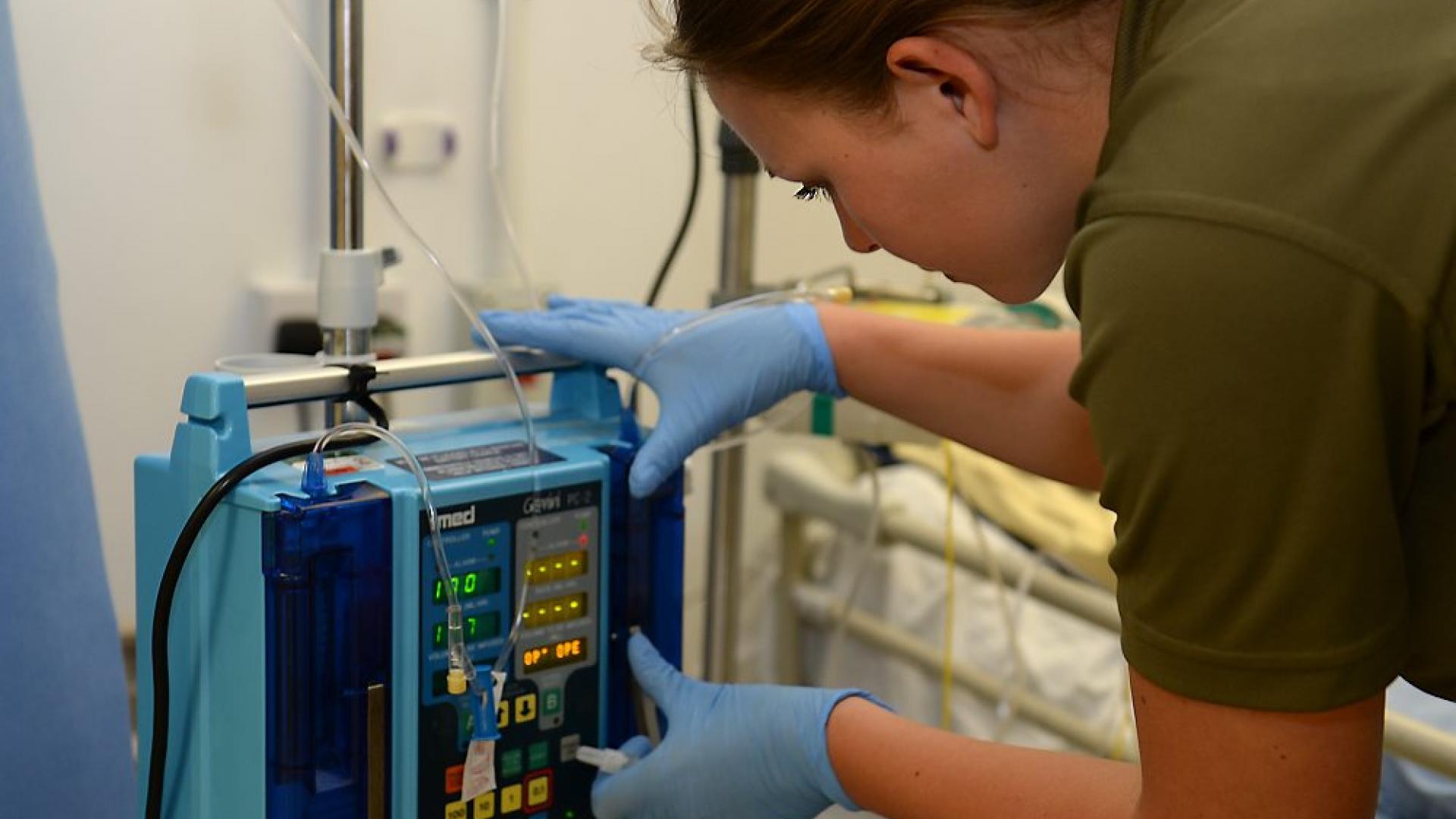The voluntary sector needs to start taking its relationship with primary healthcare professionals more seriously.
They are a crucial audience for any health, disability or social welfare charity wanting to ensure their beneficiaries have access to the support, care and treatment they need. Yet the research we conducted over the summer as part of our Primary Heathcare Monitor (PHM) suggests that charities are making some rudimentary errors with this audience.
These include providing information in the wrong format, not getting to know commissioners well enough and ignoring nurses, to name just a few. Health professionals tell us, in their own words, how they feel about their relationships with both the third sector in general and with specific charities. Some examples include:
“All charities work very hard but need better marketing.”
“I often feel I don’t know enough.”
With responsibility for commissioning services now increasingly falling to GPs and the responsibility for administering them going more and more to practice and community nurses, the time for charities to up their game is now.
Last summer’s PHM allowed us to find some quick and easy wins for every charity. Here’s a list to get started:
- Get the channels right – the message from GPs and nurses is to 'think training before events, think email before post'
- Get the messages right – you need to work out how to stand out and how to stretch the strength of emotional support for your cause
- Get the tone right – feedback from health professionals reveals a clear need to hammer home the quality of your services and ability to meet patients’ needs. Use the voice of the patient over other professionals
- Get the people right – know who the specialists are and exactly how to reach them with your services and campaigns
- Get talking to nurses – they are often your closest allies with the highest levels of awareness and praise, yet are often left to contact you themselves
Next year’s PHM can help you evaluate your current position with this audience, improve your work and inform your future planning.
We’d love to come and show you some of our data for free to see how it could benefit you. Click here for some more information, or call us on 020 7426 8871.

